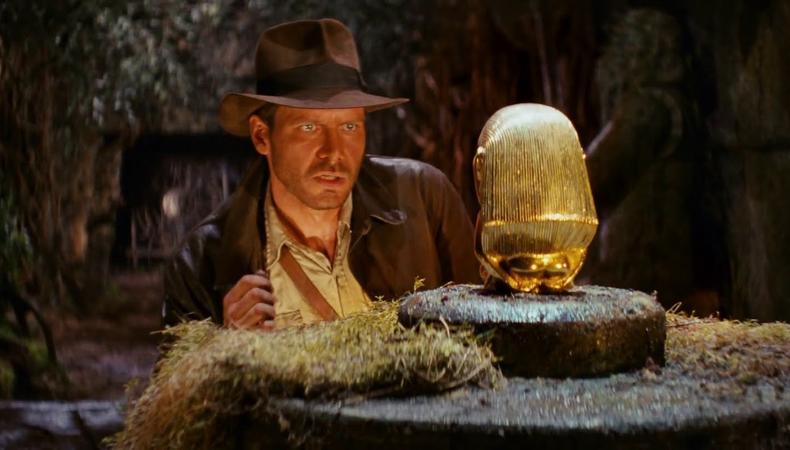Your cart is currently empty!
Congratulations on deciding you’re ready to pursue your desire to be an actor, regardless of age. If I had to guess, I’d say you didn’t grow up with connections to the industry or with a family that knew how to support your love of the arts. You don’t have a framed MFA or theater degree hanging in your home, and the idealism of your youth is dust in the wind at this point.
Yet here you are. Welcome home. Your dream to be an actor has been patiently waiting for you. Dreams are our life buoys and will persistently rise again regardless of how deep we push them under. Trust me, I know. I began my career as an actor when I was 33 even though I’d been carrying around the dream for as long as I can remember. The list of successful actors who pursued acting later in life is extensive, so know that you’re in good company and have already risen above those who still aren’t ready to make the leap.
So where you go from here? Buckle up, my fellow thespian, and climb aboard this craft’s rollercoaster. It’s bumpy, but if you throw your hands in the air, and embrace the twists and turns, it’s a ride that absolutely makes you feel alive.
Study.
This doesn’t mean enroll in an expensive acting program. If you can, that’s great. But for most of us, this isn’t practical. There are numerous resources for learning about the craft of acting: books, workshops, and online courses are a great place to start. You need to know about technique, slating for camera, audition skills, how to combat nerves and role preparation. This seems like a lot but all the information you need is accessible to you. Google and the bookstore are your new best friends. Get started!
Invest in a professional headshot.
Headshots are your foot in the door when casting is determining whether or not you’ll be invited in for an audition. Make sure it actually looks like your and reflects the types of roles you want to submit yourself for.
Build your résumé.
When you’re starting out, this can seem daunting regarding what to include. So begin at the beginning: with your name, contact information, and union status. Include any experience you have on camera or stage in separate sections for film, TV, and theater. If you don’t have any credits, that’s ok. Include your training and write down courses you’ve taken and/or workshops you’ve participated in.
Also be sure to include a section for special skills. This is your time to shine and showcase all the individual traits you bring to potential roles. For example, good with kids, manual transmission, animal trainer, runner, swimmer, martial artist, bilingual, juggler, sous chef…the list goes on and on. Don’t be shy.
Do your research.
Research local colleges or universities with film departments. Student films are an excellent way to gain experience and credits. And be familiar with local casting companies. Two companies local to me are Boston Casting and C.P. Casting. When I started, I set up a free profile on Boston Casting’s website and began being called in for commercial, film, and background work. C.P. Casting offered classes and I enrolled in a few with their main casting director, which led to me regularly submitting to her. This relationship resulted in an invite to audition for “Manchester By The Sea.” I was a non-union actor at the time but she knew my work and I fit the specs. I booked it, was able to join SAG-AFTRA, and work on an Academy Award-winning film.
I know firsthand what it takes to become a working actor. I started from scratch, too. We learn by doing. We get better by practicing. Your success right out of the gate depends on you. Throw your hat into each and every ring you find. Search castings each and every day, self-tape scenes and monologues, review, revise, and repeat. Relentlessly delve into your own emotions and become an emphatic observer of the human experience.
Practice. Trust you are right where you should be.
I believe in you.

Leave a Reply